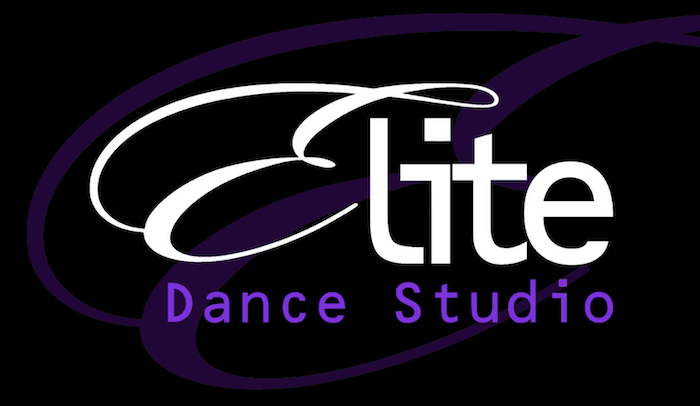Posted by on Dec 27, 2019 in Blogs
While the physical benefits of dance are innumerable, dancing can also have a positive impact on mental health.
These benefits are not simply limited to reducing depression and anxiety. Dance is an amazing activity for developing confidence as well as cognitive and communication skills.
Improving mental health and developing cognitive abilities through dance is possible for people of all ages – children, adults, and seniors. Anyone can experience the mental health benefits of participating in dance lessons.
How Dancing Benefits Mental Health
Boosts Confidence
Dancing is beneficial in increasing self-esteem and boosting confidence by fostering self-expression and developing social skills.
Dance provides an environment in which individuals can develop a sense of connection and togetherness with other dancers. This strengthening of social bonds helps to build social confidence and reduce social anxiety.
Individuals who dedicate themselves to dance learn the importance of grit and perseverance. This drive and motivation eventually leads to a sense of accomplishment. Dancers feel a boost of confidence as they master routines and achieve their goals.
Reduces Depression and Anxiety
The physical movements of dance have been shown to reduce levels of stress, anxiety and depression. Much like aerobic exercise, dance provides relief from stress and tension.
Physical exercise elevates dopamine and endorphins, two neurotransmitters responsible for feelings of pleasure and happiness.
Dancing also promotes the experience of “flow”, which is an almost meditative state that allows the dancer to focus solely on the movements, music, and rhythms instead of worries and stress.
This experience of focus and flow also contributes to learning how to be more aware and mindful of one’s mental state.
Improves Cognitive Ability
Dancing not only helps to build body muscle, but brain muscles as well.
As a dancer practices and learns a routine, they are exercising the memory centers of their brain as well as strengthening their concentration. Dance routines also teach pattern recognition skills.
Building up these cognitive skills may contribute to a decrease in the risk of dementia and Alzheimer’s. Studies with Alzheimer’s patients have shown that including dance as part of a therapeutic routine can help improve, or slow the worsening of, the patient’s quality of life.
Helps With Emotional Expression
Dancing teaches expression through movement. Dancers are able to deal with difficult feelings and release them through the steps and routines learned during the dance lesson.
Performance helps extend this expression by placing the dancer in front of other people. What an individual may not be able to verbalize to others, they can often express in dance.
This development of emotional expression relates directly to flow and the reduction of depression. If a dancer can express their emotions during the flow of dance, they are also able to be mindful of the way they feel. Being able to recognize these emotions is one way to avoid succumbing to depression.
The Brain is a Holistic System
Being a holistic system means that what affects one area of the brain can affect all areas of the brain. This works for both negative and positive impacts made to an individual’s mental health.
Dance is an activity that positively affects all regions of the brain. The creation of flow and focus lends to a sense of mindfulness which is a powerful tool in combating struggles such as anxiety. Also, building confidence and self-esteem can have a direct effect on calming social anxiety.
While taking that first step into a dance studio may seem like a monumental challenge, there is no denying that the lasting effects of dance are well worth the leap.
If you are interested in learning more about the mental health benefits of dance, or wish to enroll in one of our many dance classes, please contact Elite Dance Studio today.


